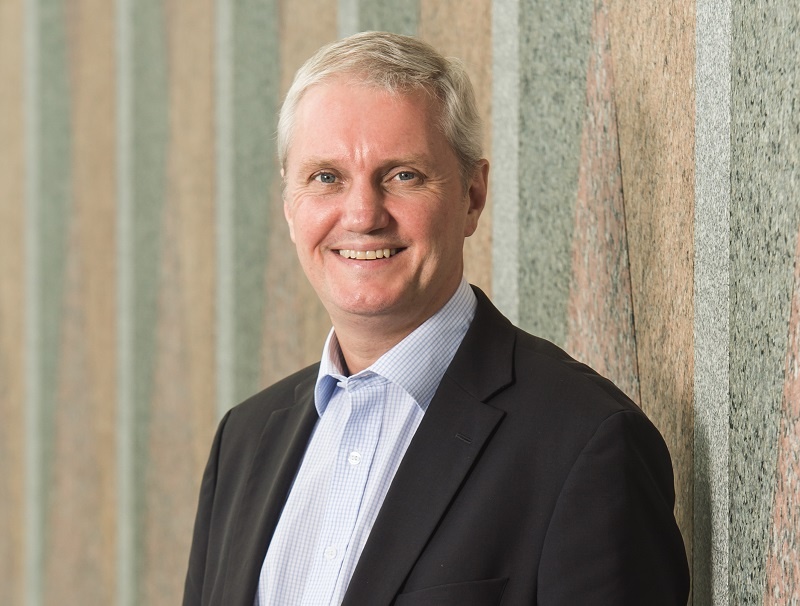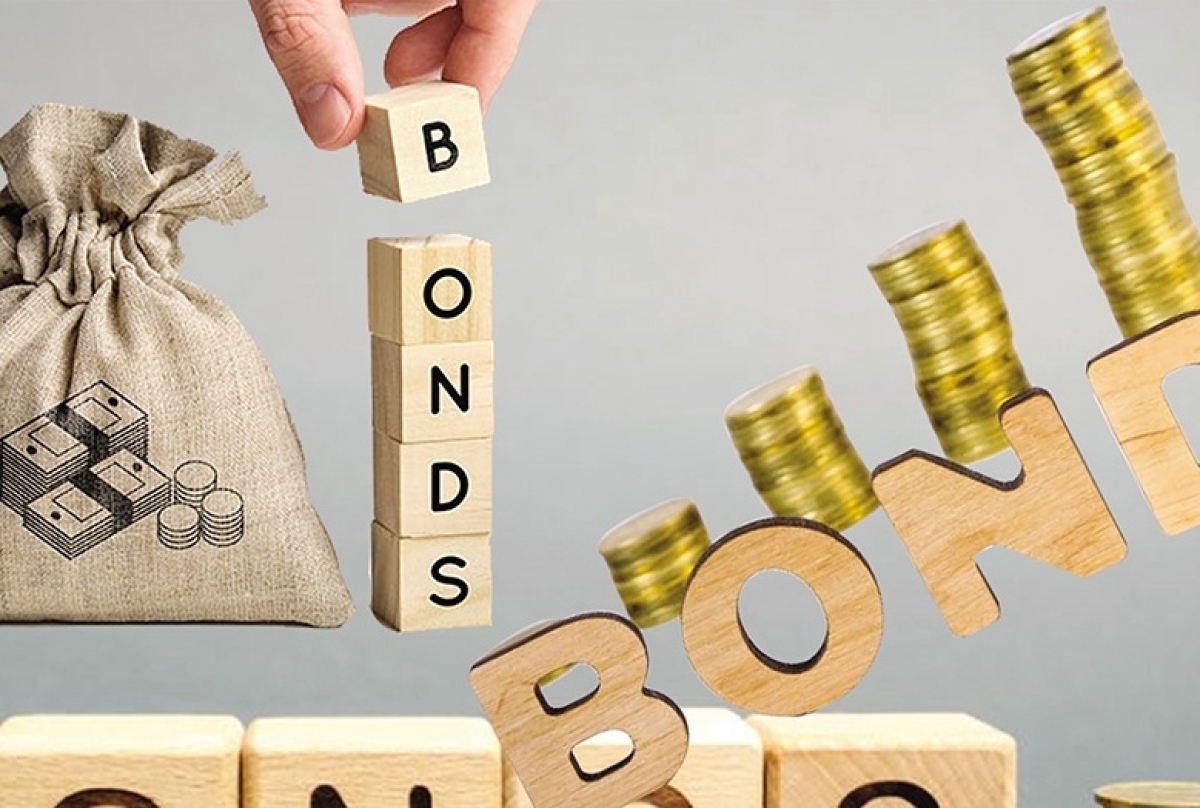INTERNATIONAL INVESTMENT
AND PORTAL
The COVID-19 pandemic has battered human, social, and economic capital across the globe, and there is a pressing need to rebuild economies the world over.
 Mark Billington - Managing director, International, Institute of Chartered Accountants in England and Wales
Mark Billington - Managing director, International, Institute of Chartered Accountants in England and Wales
Choices made in the aftermath of COVID-19 will shape society for decades to come. So, setting out objectives for a green recovery is vital to ensure that actions lead to the desired outcomes. The G7 Summit, COP26, and other international conferences involving Southeast Asian countries have been opportunities to rally international support and gain momentum to halve global emissions over the next decade. Five areas will need particular attention to achieve low-emission goals, and finance has been identified as a key one.
Green finance plays a crucial role in the sustainable recovery of Southeast Asian economies, particularly Vietnam
Green finance includes responsible investment and environmental, social, and governance (ESG) – the evaluation of how businesses perform according to social and environmental factors. As Vietnam rebuilds its economy following COVID-19, there is an opportunity to build back better by taking responsible investment decisions, so that funds are not invested in practices that reinforce the climate crisis, but instead in solutions that could get us out of it. Recovery funding should not be about returning to business as usual and putting money into fundamentally flawed and unsustainable development models.
ASEAN member countries, especially Vietnam, are heavily affected by climate change, which means there is an urgent need to transition to greener and sustainable economies post COVID-19. This is a time to be brave and bold with the goals that governments and businesses set. We must learn from the mistakes of the past, build on the momentum of the Asian view, and aim for a recovery that is green, just, and socially inclusive.
Governments, the private sector, and the financial sector all need to play their parts in enhancing green finance
Governments, the private sector, and the financial sector all need to play their parts in bringing about much-needed transformational change. Southeast Asian governments, need to develop policies that actively encourage green finance and devote more resources to building the capacity for it. A broad consensus has emerged that if nations want to mobilise the funds needed to finance environmentally sustainable development, then a more prominent role needs to be taken by governments and regulators. This includes helping the market allocate resources in a more sustainable way, and could involve publishing a roadmap for the transition to a greener financial system, as the UK government recently did.
The private sector must also play its part as it makes up a large part of the economy and is responsible for a significant amount of carbon emissions. It is in the interest of organisations in the private sector to embrace green finance, to become more sustainable, and ensure they can comply as more governments bring in sustainability regulations, so they do not lose opportunities to do business. Businesses and their advisers will need to get to grips with the implications of new green finance, including any need to train and upskill people across their organisations.
The financial sector can assist businesses in embracing green finance in ways such as helping to set out plans for implementing sustainability disclosure requirements which will take forward government commitments to sustainable financial systems. For example, they can advise on how organisations must publish information relating to sustainability-related risks, opportunities, and impacts.
ICAEW is joining the movement to green finance professions in the Southeast Asia region
In July 2020, the Institute of Chartered Accountants in England and Wales (ICAEW) joined other international financial professional bodies to launch the first Green Finance Education Charter, an initiative designed to boost awareness of and training in green finance and sustainability. As part of the charter, the bodies, representing millions of finance professionals around the world including in the Southeast Asia region and Vietnam, committed to integrating green finance and sustainability into their core curricula, new qualifications and the continued professional development of members.
To further deepen our commitment to a better sustainable world, ICAEW co-organises panel discussions and green finance conferences with finance, sustainability and political leaders to explore and identify what needs to happen to ensure that COVID-19 recovery is green and delivers lasting improvement.
The ICAEW has also joined with the British Chamber of Commerce in Vietnam (BritCham) to promote sustainability and ESG. We are an active member of the BritCham’s Sustainability Working Group in which we share knowledge, insights, and experience through thought-leadership materials and co-organising webinars.



















